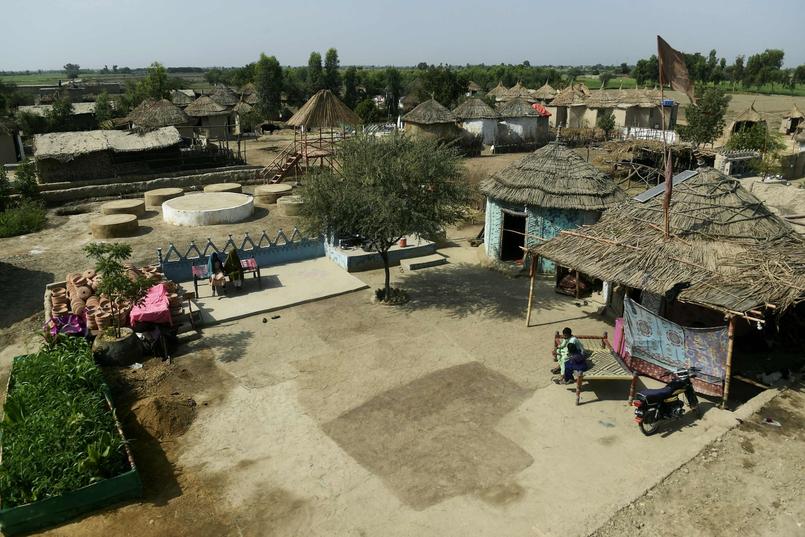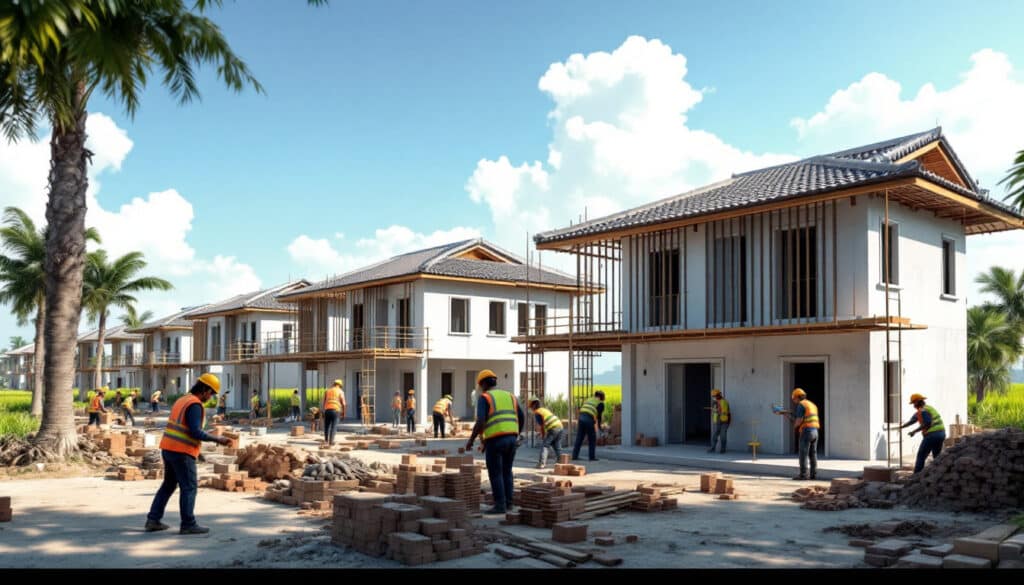The recent proposal by the Housing Minister to extend the zero-interest loan to all households marks a significant turning point in the French real estate landscape. This initiative, aimed at promoting home ownership, raises crucial issues for first-time buyers and construction industry stakeholders. By making this scheme accessible to a larger population, the government aims to energize the housing market while supporting real estate purchase projects outside traditionally tight areas. This analysis reveals the implications and prospects of this bold measure.

Table of Contents
ToggleThe housing minister proposes a zero-interest loan accessible to all
The recent initiative by Valérie Létard, the Minister of Housing, to introduce a zero-interest loan (PTZ) for all has sparked significant interest. Considered in the draft finance bill for 2025, this measure aims to provide an effective response to the housing crisis in France. The main objective? To facilitate access to property for first-time buyers and to expand purchasing options, particularly in non-tight areas. This could also include individual constructions, making the idea of personal housing more accessible to a larger number of households.
The implications of extending the zero-interest loan
This initiative marks a turning point in Housing policy in France. By making the PTZ available in all areas, the Minister wants to ensure that funding truly meets the aspirations of families. The planned extension towards individual homes could also stimulate increased demand for housing, especially in rural areas. The operation could contribute to a positive dynamic in the real estate market, enabling better territorial homogeneity regarding access to new homes. Furthermore, this approach aims to strengthen support structures for individuals seeking to access property without enduring the heavy financial burdens that often accompany such a project.
The challenges and prospects of a generalized zero-interest loan
Widening access to the zero-interest loan is not without challenges. While the idea is appealing, effective implementation requires regulatory adjustments and close coordination with market players. Essential questions arise regarding the management of financial resources and the transparency of granting conditions. However, Valérie Létard’s vision should lead to a strengthening of social housing and a simplification of the urban system, by proposing solutions that fit the current needs of households. The scope of this initiative will heavily depend on political support and the strategies implemented to ensure its long-term success.
















